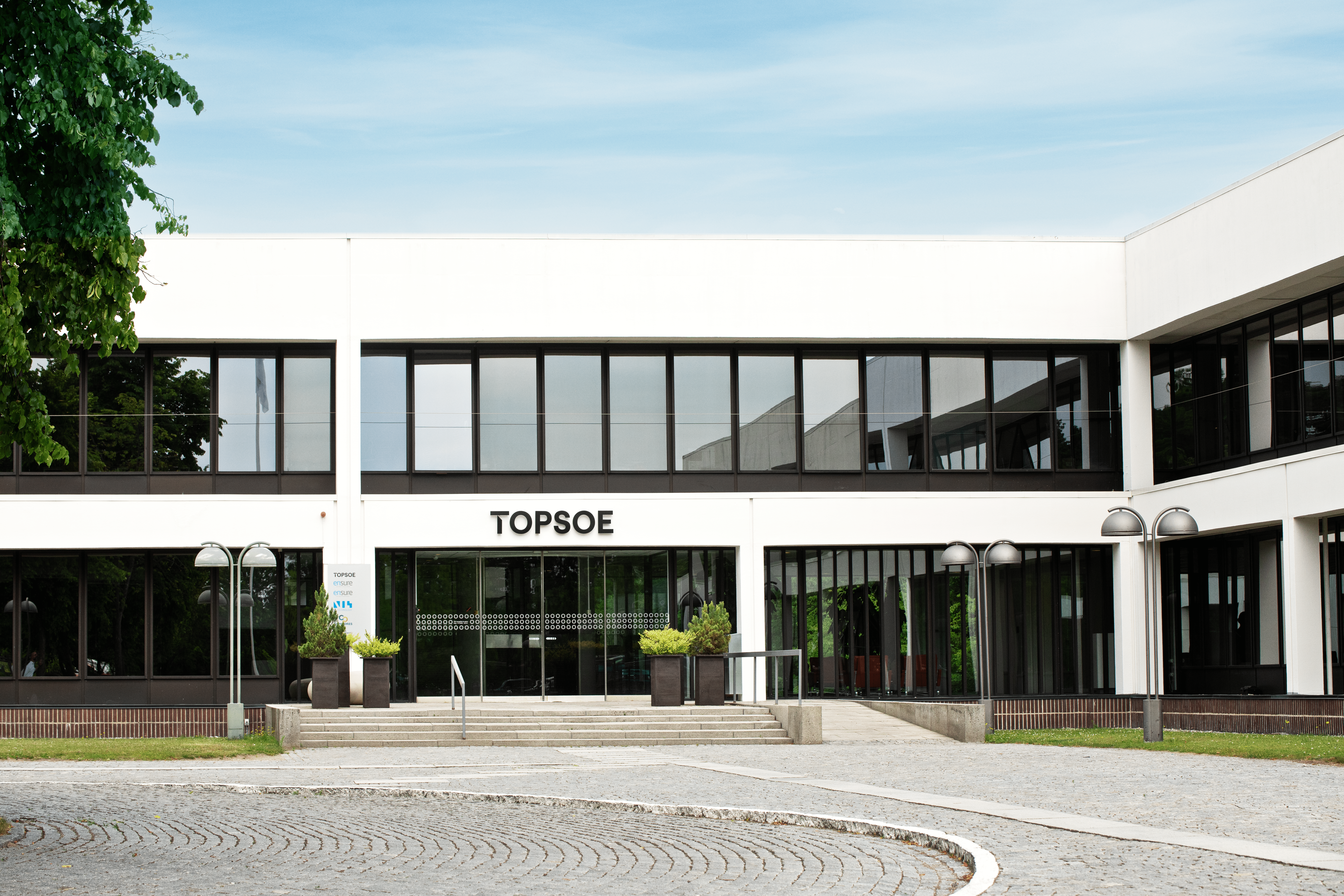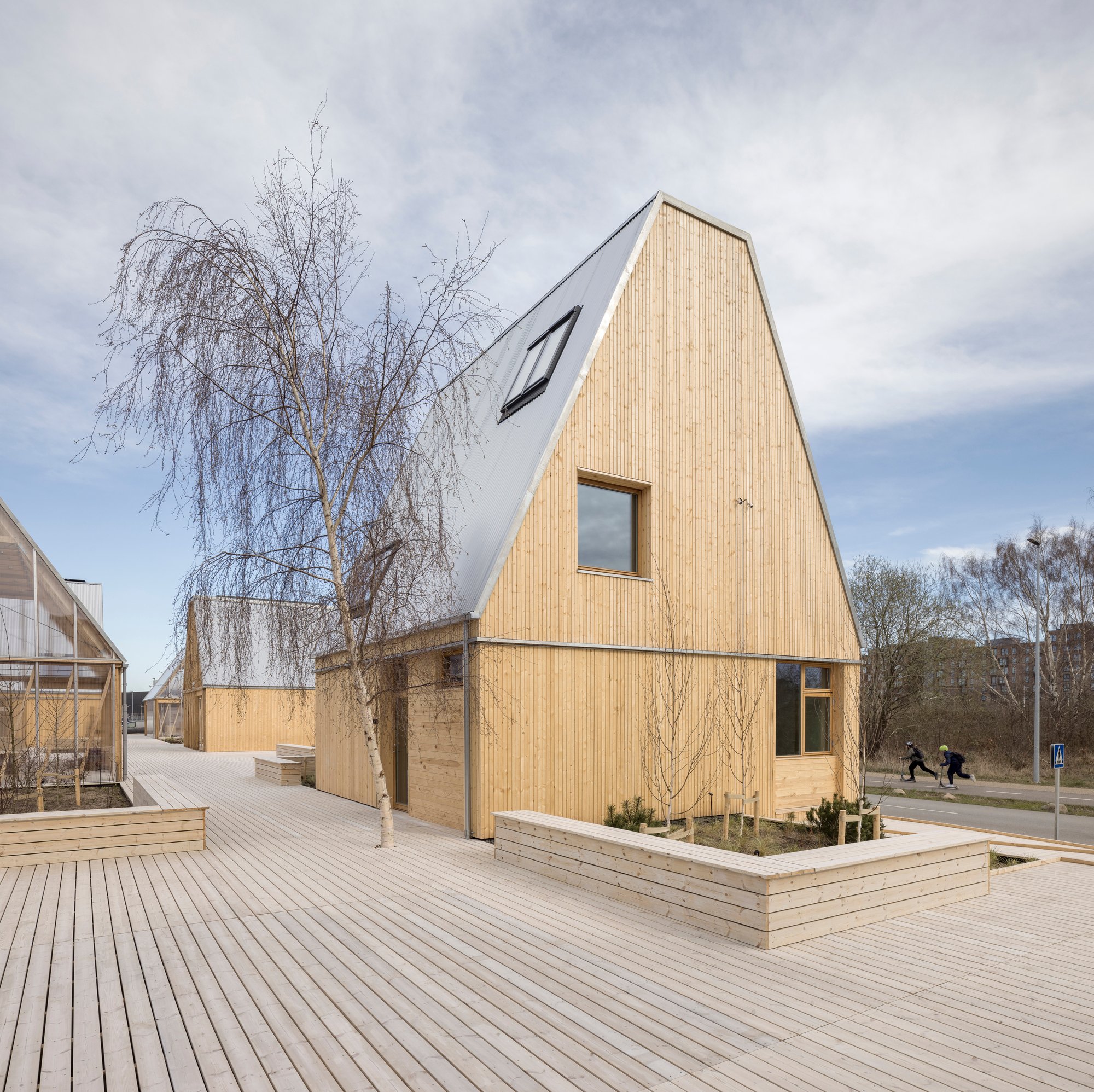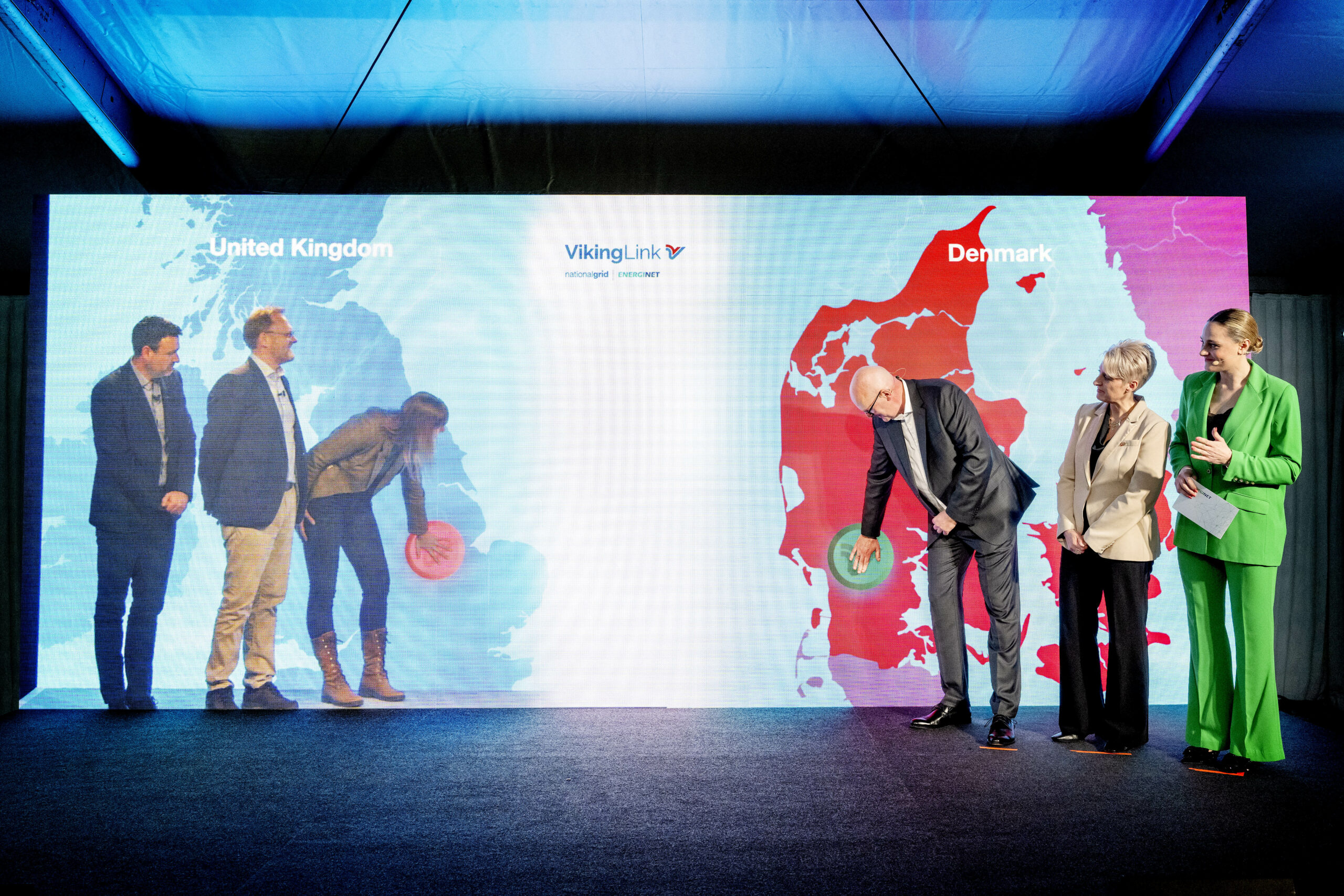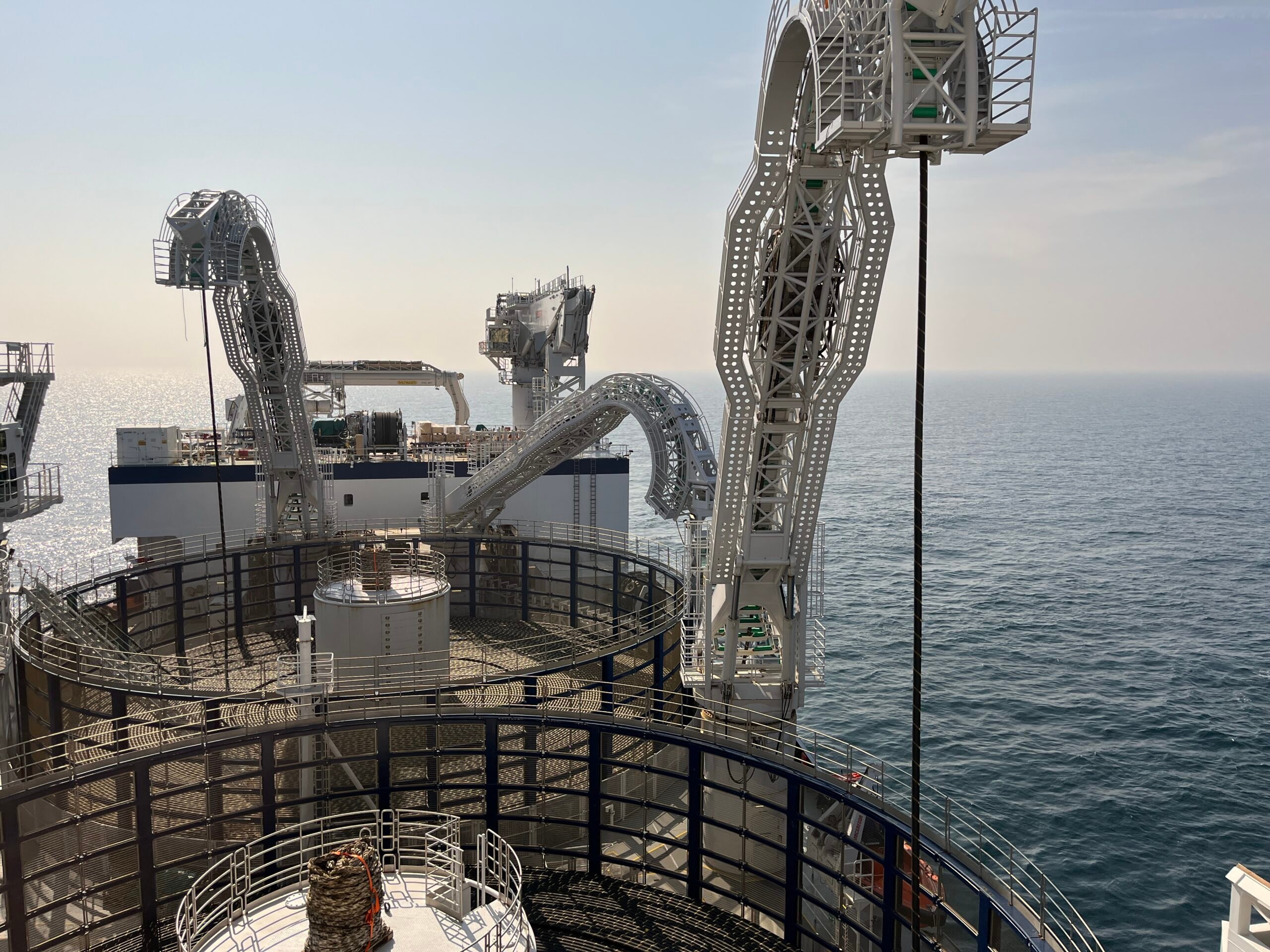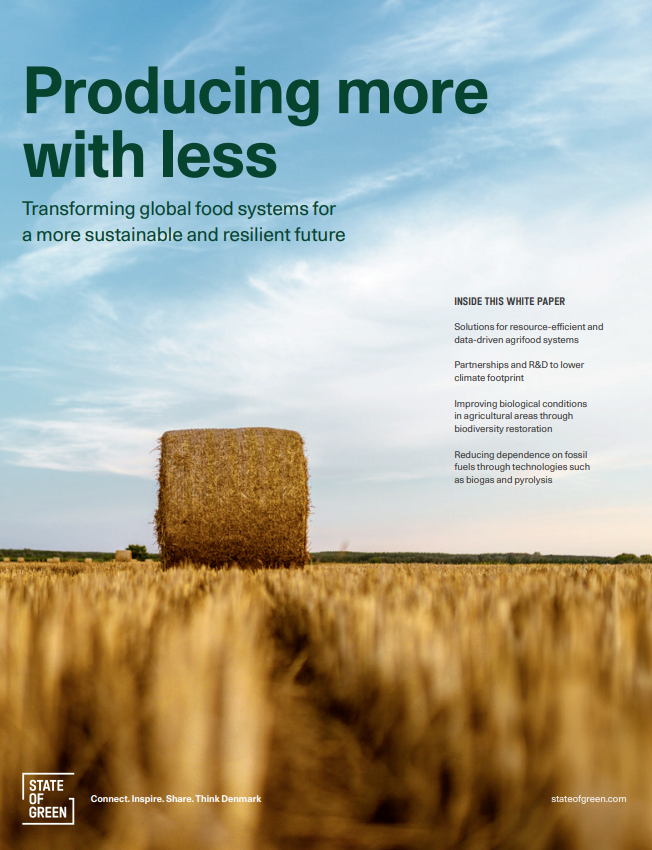News
Biogas
Bioenergy
Energy efficiency
+4
Biogas from Copenhageners’ food waste can now replace imported natural gas


While Europe faces an acute energy crisis, there are fortunately new opportunities to produce gas for electricity, heating, cooking and fuel. From October, the food waste sorted by Copenhageners will be converted into biogas, which will be sent out into the natural gas network. Thus, it can directly replace fossil gas in electricity and heat production, in city buses and garbage trucks that run on gas, and in the stoves in homes that use city gas.
Food waste across Copenhagen is now taken to a biogas plant in Solrød instead of the former plant near Slagelse. In addition to the fact that the plant in Solrød is closer to Copenhagen, it is also this plant that enables the biogas to be upgraded and used in the gas network throughout Denmark. The biogas has previously been used for electricity and heat at a local heating plant.
When the gas is collected from the food waste, the rest of the food waste is used as fertilizer, which can then be used on organic fields. The fertilizer contains important nutrients, which are good to send back into nature’s cycle.
Another new initiative is that bio bags are also included in the composting process. This ensures a high real recycling rate of around 97%.
In 2021, 15,000 tonnes of food waste was collected in Copenhagen, which corresponds to the energy consumption of five million hot baths lasting five minutes. It is possible to collect more than twice as much food waste in Copenhagen, and there is therefore great potential.
Copenhagen Municipality has a goal of recycling 70% of Copenhageners’ waste by 2024.
You should consider reading
solutions
Energy efficiency in buildings
+2
Living Places: Building low-carbon and more sustainable buildings
23 June 2023publications
Resource efficient production
+15
